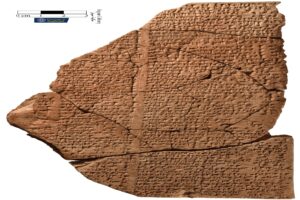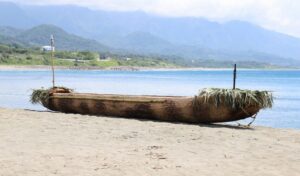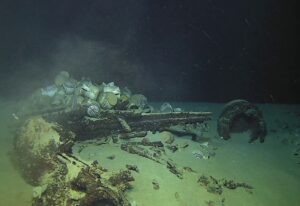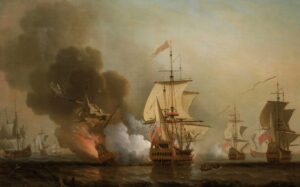Artifacts have recently revealed that Neanderthals used glue to hold their tools together and to make handles that allowed a better grip.
The Museum of Prehistory and Ancient History in Berlin reviewed collections that were first discovered in France over 100 years ago. They are around 40,000 years old and date from the Middle Paleolithic Period. No one has touched the various blades, flakes, and scrapers since their initial storage in the museum.
The adhesive consisted of two substances, ochre and bitumen. Ochre is a natural pigment, regularly found in cave paintings. Bitumen comes from the distillation of crude oil but also occurs naturally in the soil. Its adhesive and waterproof properties make it useful in modern roofing and road construction.

Ochre and liquid bitumen before mixing. Photo: Patrick Schmidt
Grip wasn’t sticky
The adhesive is 55 percent ochre. Whoever created the tools had molded grips out of the mixture. The high percentage of ochre helped hold the tool together without sticking to the user’s hand.
Previously, glue in early tools had turned up only in Africa. This is its first appearance in Europe. “These astonishingly well-preserved tools showcase a technical solution broadly similar to…tools made by early modern humans in Africa, but the exact recipe reflects a Neanderthal ‘spin,’ which is the production of grips for handheld tools,” says co-author Radu Iovita.

The illustration shows how a Neanderthal might have held the tool. Image: Staatliche Museen zu Berlin/Daniela Greinert
“The fact that Neanderthals made such a substance gives insight into their capabilities and their way of thinking,” said Schmidt. Bitumen and ochre would not have been easy to find. Our early ancestors needed to travel significant distances to collect the materials.
“Our study shows that early Homo sapiens in Africa and Neanderthals in Europe had similar thought patterns,” said Schmidt.






